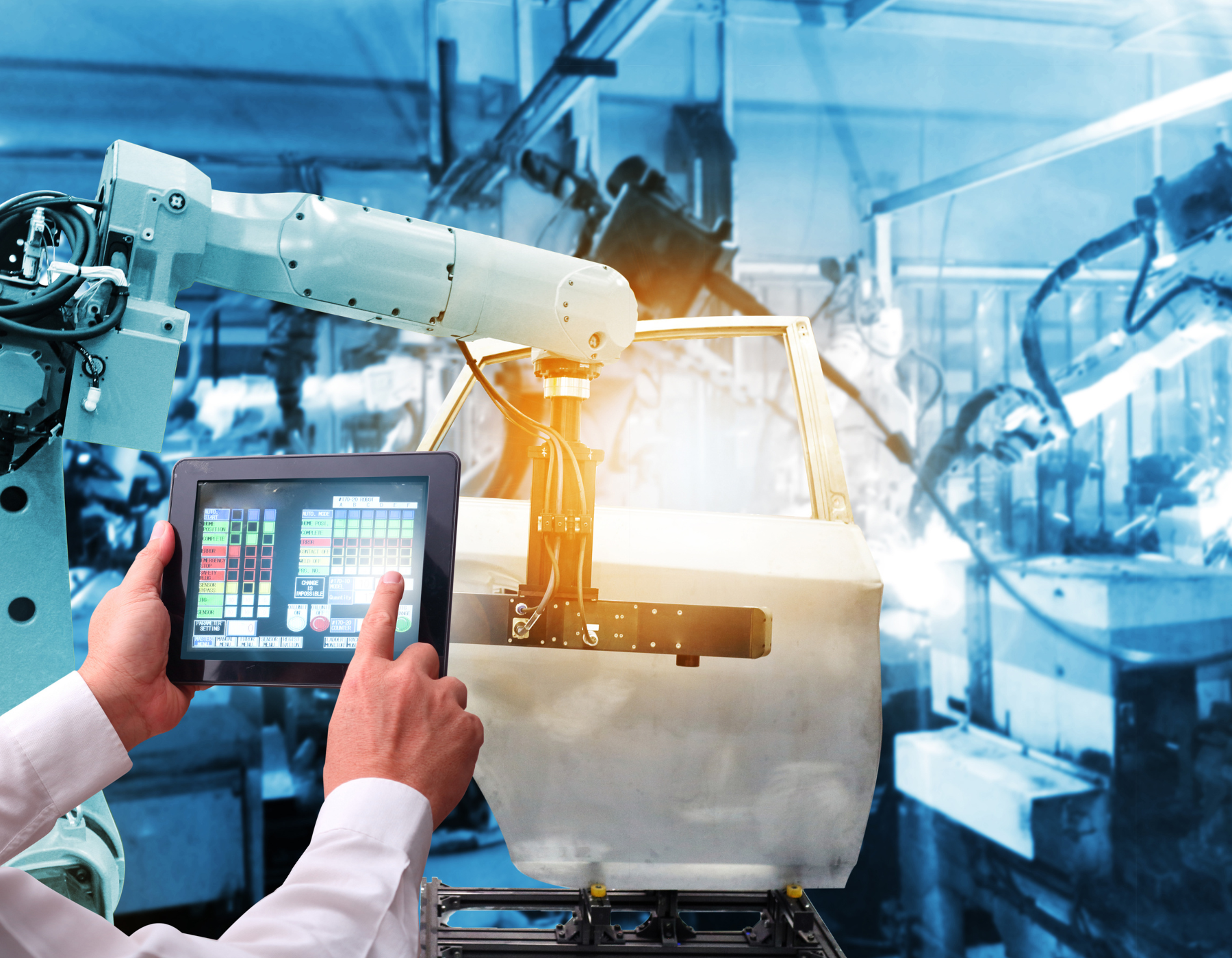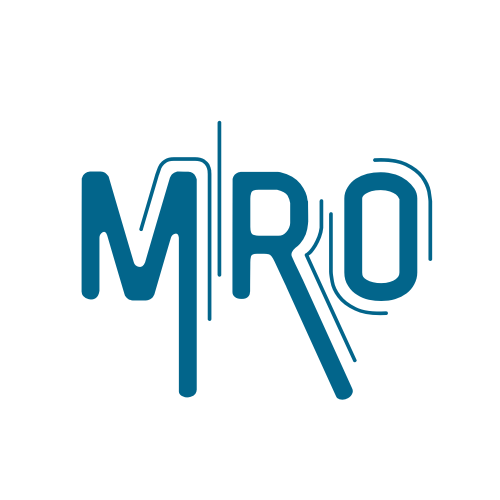How to choose an Industrial Automation Controller

How to choose an Industrial Automation Controller
When it comes to choosing an industrial automation controller, there are many factors to consider. In this article, we'll guide you through the process of choosing the right controller for your needs, so that you can make the best decision for your business.
Centralized vs Decentralized Control
When it comes to industrial automation, there are two main approaches to control: centralized and decentralized. Both have their own advantages and disadvantages, so choosing the right one for your needs is critical. Here's a quick overview of each approach to help you make the best decision for your application.
Centralized Control
With centralized control, all of the controllers are located in a single location. This can be advantageous because it makes it easier to manage the system as a whole and make changes if necessary. It can also be more efficient because all of the controllers can communicate with each other directly.
However, centralized control can also be problematic because if one controller fails, the entire system can go down. Additionally, if the central location is damaged or destroyed, the entire system will be offline until it can be rebuilt. For these reasons, centralized control is best suited for smaller applications or those with high availability requirements.
Decentralized Control
Decentralized control takes a distributed approach, with controllers located throughout the system. This has the advantage of being more resilient because if one controller fails, the others can still continue to operate. It also allows for more flexibility in terms of design and expansion.
However
Programmable Logic Controller (PLC)
If you're looking to automate your industrial process, you'll need to choose a controller. One option is a programmable logic controller, or PLC. PLCs are rugged and versatile, able to withstand harsh environments and operate in a variety of applications. Here's what you need to know about PLCs to make the best choice for your needs.
Distributed Control System (DCS)
When it comes to choosing an industrial automation controller, one of the most important factors to consider is the type of control system that will best suit your needs. For many industrial applications, a distributed control system (DCS) is the best option. DCSs are designed to provide centralized control and monitoring of large and complex processes. They typically consist of a central processing unit (CPU), input/output (I/O) modules, and field devices such as sensors and actuators.
One of the main advantages of DCSs is their scalability. They can be easily expanded to accommodate new processes or additional field devices. DCSs also offer high levels of redundancy, which can be critical in mission-critical applications.
Another key consideration when choosing an industrial automation controller is the level of integration that you require. Many controllers on the market today offer some degree of integration with other systems, such as enterprise resource planning (ERP) or supervisory control and data acquisition (SCADA) systems. This can be a valuable feature if you need to share data or process information between multiple systems.
Finally, you should also consider the support and service options that are available from the controller manufacturer. Make sure that there is
SCADA Systems
There are many different types of industrial automation controllers on the market today. So, how do you choose the best one for your needs?
One important factor to consider is whether you need a SCADA system. SCADA stands for Supervisory Control and Data Acquisition. These systems are used to monitor and control large industrial processes from a central location. They usually include features like data logging, remote access, and alarm handling.
If you're not sure whether you need a SCADA system, ask yourself these questions:
Do you need to monitor and control multiple processes at the same time?
Do you need to be able to access your system remotely?
Do you need to store data for long-term analysis?
Do you need to be able to handle alarms?
If you answered yes to any of these questions, then a SCADA system is likely a good choice for you.
Hybrid Systems
As the world of industrial automation continues to evolve, so do the controllers that manage these systems. In the past, dedicated hardware controllers were the only option for managing industrial automation systems. However, today's hybrid controllers offer the best of both worlds by combining the flexibility of software-based controllers with the reliability of dedicated hardware.
When choosing an industrial automation controller, it is important to consider the specific needs of your application. For example, if you need a controller that can handle a large amount of data, you may want to consider a hybrid system. Hybrid controllers are designed to handle both simple and complex applications, making them a versatile option for many different types of industrial automation systems.
Pension Plans
When choosing an industrial automation controller, one important factor to consider is the pension plan. There are two main types of pension plans: defined benefit and defined contribution. With a defined benefit plan, the employer promises to provide a certain level of benefits to the employee after retirement. With a defined contribution plan, the employee contributes a set amount of money to the plan, and the benefits are based on the investment returns of the fund. There are also hybrid pension plans that combine features of both types of plans.
Cost of Living Adjustment
Another factor to consider when choosing an industrial automation controller is the cost of living adjustment (COLA). COLAs are used to adjust employee salaries for inflation. Many employers use a COLA to ensure that their employees' salaries keep pace with the cost of living. This is especially important in industries where the price of goods and services fluctuates frequently.
Industrial Automation Controller Comparison: All-in-One vs. Standalone Controllers
When comparing industrial automation controllers, it's important to decide whether you want an all-in-one or standalone controller. All-in-one controllers are complete systems that include both hardware and software. They're typically more expensive than standalone controllers, but they offer more features and flexibility. Standalone controllers are just the hardware; they don't include any software. Standalone controllers are less expensive than all-in-one controllers, but they're also less flexible.
The type of pension plan that is right for you will depend on your individual circumstances and preferences. If you are looking for guaranteed income in retirement, a defined benefit plan may be a good option. However, if you are willing to take on more investment risk, a defined contribution plan could provide higher potential returns. Regardless of which type of plan you choose, be sure to carefully review all the terms and conditions before making any decisions.
Conclusion
There are a few factors to consider when choosing an industrial automation controller, including the specific needs of your application, the size and scope of your operation, and the budget you have to work with. By taking the time to evaluate your options and choose the right controller for your needs, you can ensure that your automation process runs smoothly and efficiently.

